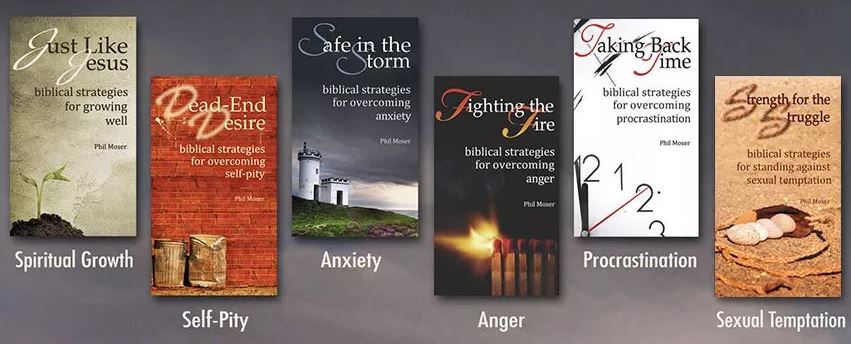Why do we struggle with relationships? Five truths found in the Garden of Eden hold the answer

 When Adam and Eve partook of the forbidden fruit, they could not possibly have envisioned what they would unleash on humankind. Death comes in many forms: famine, war, disease, and murder. But their choice also brought a similar disaster to the development of our relationships with each other. Frederick Buecher writes,
When Adam and Eve partook of the forbidden fruit, they could not possibly have envisioned what they would unleash on humankind. Death comes in many forms: famine, war, disease, and murder. But their choice also brought a similar disaster to the development of our relationships with each other. Frederick Buecher writes,
Original sin means we all originate out of a sinful world which taints us from the word go. We all tend to make ourselves the center of the universe.”
Whether you were aware of it or not, here are five ways that your relationships are affected by that first sin:
#1: Sin ignites a sense of entitlement that renders serving another obsolete (Gen. 3:5; 2:18).
God had created Eve to be a helper (Gen. 2:18). That’s not meant to be demeaning, even God refers to himself as our “help” in the Scriptures. It does bring with it the idea of serving. Adam, the first husband, was to serve Eve as well (Eph. 5:25). But when Eve chose the fruit, she chose it under the guise that she “would be like God.” Adam ate the fruit under the same assumption. Ever since then, each of us is born with a sense of entitlement. Simply put, entitled people don’t serve; they believe they should be served.
#2: Sin creates a self-centeredness that lacks self-awareness (Gen. 3:6).
Eve thought only of herself when she took the fruit, and Adam, who remembered what it was like to be alone, thought only of himself when he ate. Their self-centeredness in this action is apparent to all except themselves. Imagine if the fruit left a visible stain running down their chins after their first bite. Both Adam and Eve would have been unaware of their own stain, but they would have been able to recognize it on the other. Self-centeredness is the stain that we can’t see in ourselves, but that others see immediately. I am naturally self-centered, as are you, but we lack the awareness to see it. Perhaps that is why we grow so defensive when someone else points it out.
#3: Sin destroys trust in communication – you’ll lack transparency in order to self-protect (Gen. 3:8).
Its’s difficult for us to imagine a walk in the garden with God himself. Yet, that was business as usual for Adam and Eve until their sin occurred. From that point on, they started hiding and most of us have continued the tradition. We’re unlikely to reveal our painful pasts and our innermost thoughts. We often plead the 5th in our closest relationships if we deem the truth too costly. Our desires and motives need no instruction on self-protection; they do it quite naturally.
#4: Sin generates an excuse-making mechanism that restricts your ability to change (Gen. 3:12).
When God asks Adam if he had eaten from the tree that was forbidden, he shifts the blame. Adam responds, “The woman whom you gave to be with me, she gave me fruit of the tree, and I ate” (Gen. 3:12). The ka-thump, ka-thump you hear after that verse is Adam throwing his wife under the bus. Adam discovers he has an excuse-making mechanism that wasn’t operable prior to the fall of man, but it works very well now. The unfortunate element of this device is that it limits are ability to change. Once our excuses are locked and loaded, we’re able to justify our behavior as it stands. Without genuine repentance, we can stand firm in our actions even though they are wrong.
#5: Sin encourages shortcuts as your best choice (3:5).
God had made Adam and Eve in his image (Gen. 1:27). In many ways, they were far more like him than the animal world that existed around them. Undoubtedly, in those long walks in the garden, they were learning more about him, and his love for them. As they grew, they would become more like him. But Eve held in her hands the fruit and a false promise: she could be like God. The distance from her hand to her mouth was short. The gap between where she was and where God wanted to take her, and her husband, seemed eternally long. Temptation mocks faithful diligence. Eve chose the short-cut. Sin always makes the shortest path seem the best choice, even when it isn’t. I want my relationships to go the distance. I’m sure you do to. Don’t take the short-cuts; the road less traveled, while arduous, is far better.
For additional resources by Phil Moser, click on the image below:


